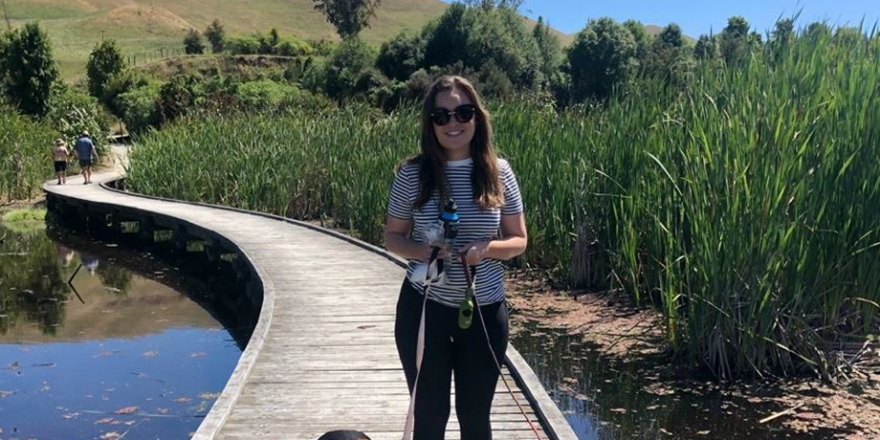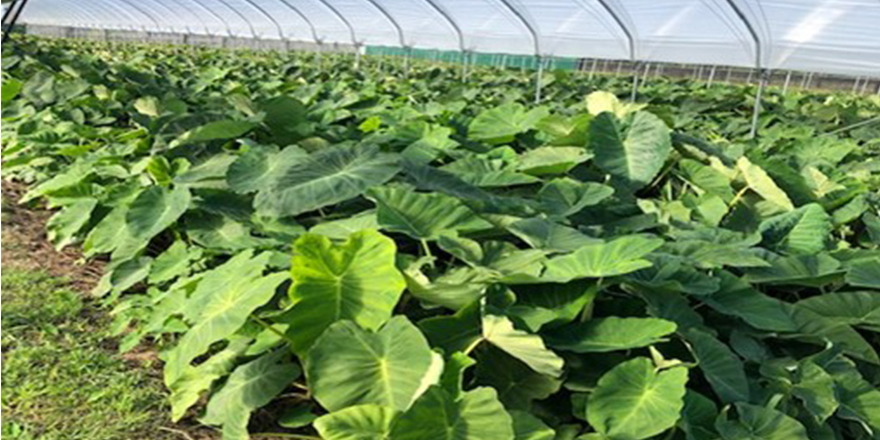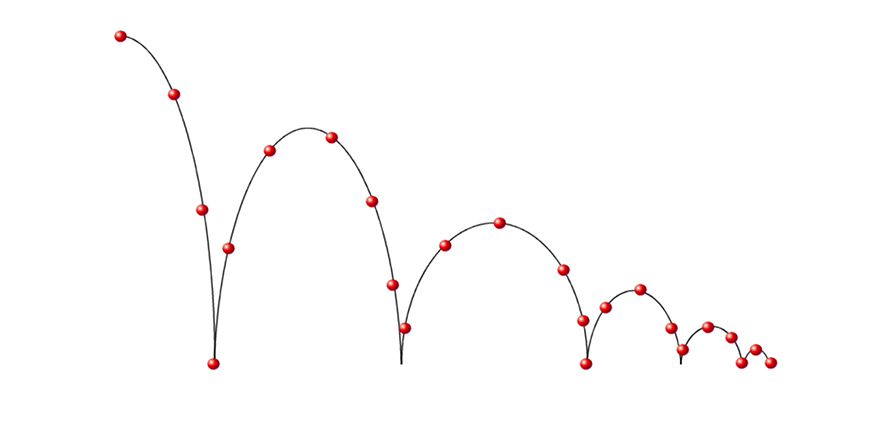
Executive Summary
It’s not often when a group a farmers meet, and the conversation does not turn towards increased compliance and regulation. Water quality standards are usually brought up and no matter whether you are rural or urban most would agree rivers and lakes in New Zealand need to be clean and swimmable, after all, brand “New Zealand” is all about plush countryside and beautiful lakes rivers and mountains.
In the last 30 years New Zealand agriculture has increased nitrogen use by over 600% from 62,000t to 452,000tonnes and cracks are starting to appear.
Anthropogenic inputs from intensive agriculture and poor practices can be harmful to the health of our waterways, precious wetlands rich in biodiversity and known for their many environmental benefits including filtering nutrients and carbon sequestration have been degraded or drained over time.
New Zealand has positioned itself well to feed a growing population, but land use change and intensification is adding pressure to ecosystems and in many cases degrading water quality. Because agriculture is so important to the NZ economy and the very social wellbeing of our people, how do we mitigate the impacts of intensive agriculture on the waterways so that future generations can enjoy the same privileges many of us had growing up.
In this report, I review research on wetlands and other methods which have been proven to mitigate agriculture nutrient loss to waterways. In hope of finding a silver bullet to many water quality issues the answer really is not that simple, the dynamics of agriculture in NZ is diverse. Finding a solution is difficult due to different production systems, geographic, climatic and soil property differences.
I came to understand that many mitigation techniques are on farm management practices such as keeping your Olsen P within economic optimum range, avoid soil damaging activities, better effluent storage etc. I also discovered that land use capability should be at the crux of decision making when it comes to consenting what production system is suitable for that piece of land from an environmental perspective as its much cheaper to allocate the correct land use than back pedal damages to the water quality.
Wetlands are significant for many other reasons other than filtering nutrients and understanding their importance for biodiversity I discovered that they can be a useful tool in the toolbox and are recognised in nutrient budgeting models such as overseer, rejuvenating existing wetlands is a great place to start and constructed wetlands whilst costly can serve many purposes.




